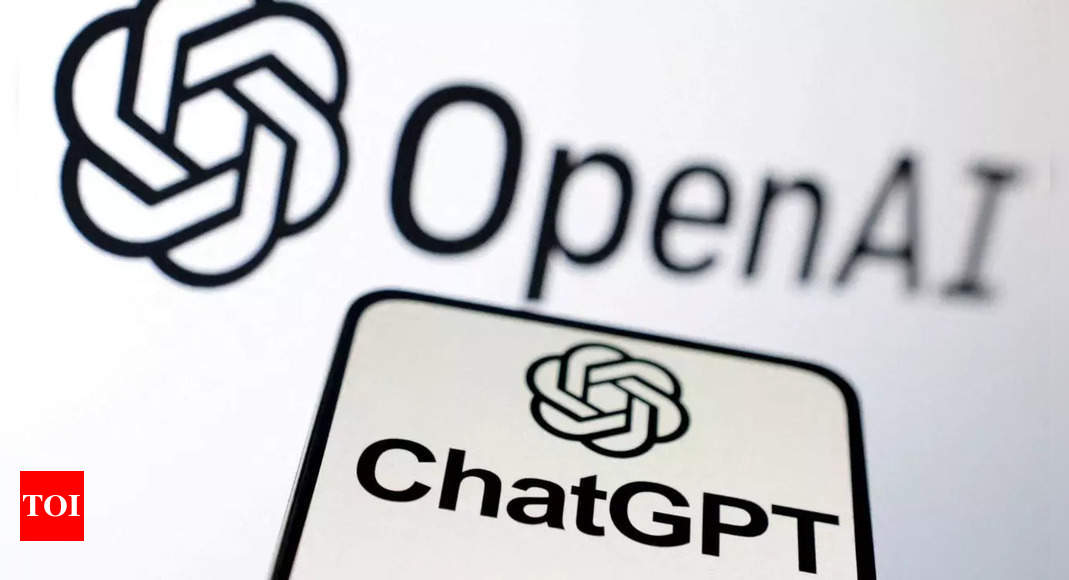
Microsoft-backed ChatGPT maker OpenAI recently unveiled its voice-cloning tool, called Voice Engine. The company claims that the tool can recreate a person’s voice with just 15 seconds of recording of that person talking.
However, for now, ChatGPT is not making the technology live. Reason: Chances of it being misused, especially with elections due in over 20 countries this year across the world.
“We acknowledge the serious risks associated with this technology, particularly during election seasons,” stated OpenAI in a press release. This concern stems from recent events like AI-generated robocalls mimicking President Biden in New Hampshire’s primary.
“We are engaging with US and international partners from across government, media, entertainment, education, civil society and beyond to ensure we are incorporating their feedback as we build,” the company added. OpenAI said that early Voice Engine testers have agreed to not impersonate a person without their consent and to disclose that the voices are AI-generated.
OpenAI isn’t the first in the voice-cloning game, but their focus on responsible deployment sets them apart. Initial testers will be subject to strict guidelines, including obtaining consent before impersonating someone and disclosing the synthetic nature of the voices. This echoes their strategy with the unreleased video-generation tool, Sora.
Despite the current hold on public access, OpenAI’s trademark application for Voice Engine hints at future ambitions. The application suggests the company’s plan of expanding into speech recognition and potentially developing a digital voice assistant –- a move that could position them as a competitor in the market dominated by products like Amazon’s Alexa.
